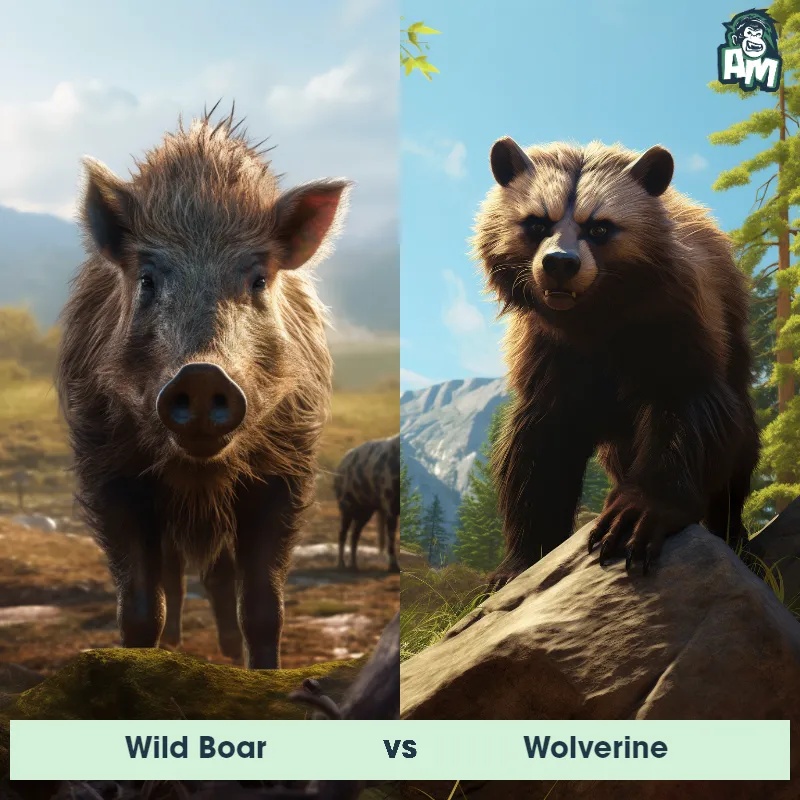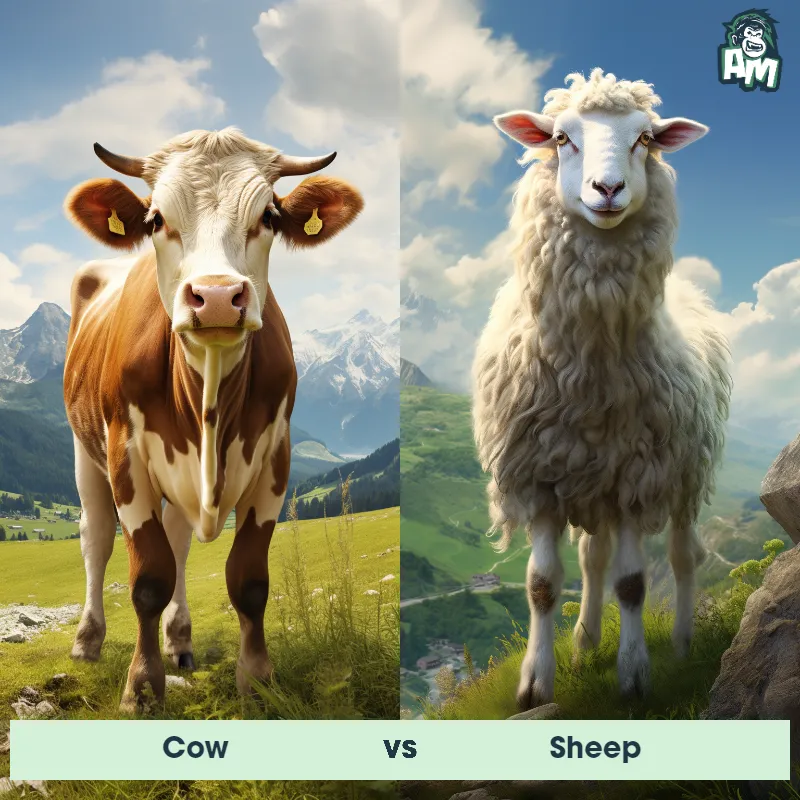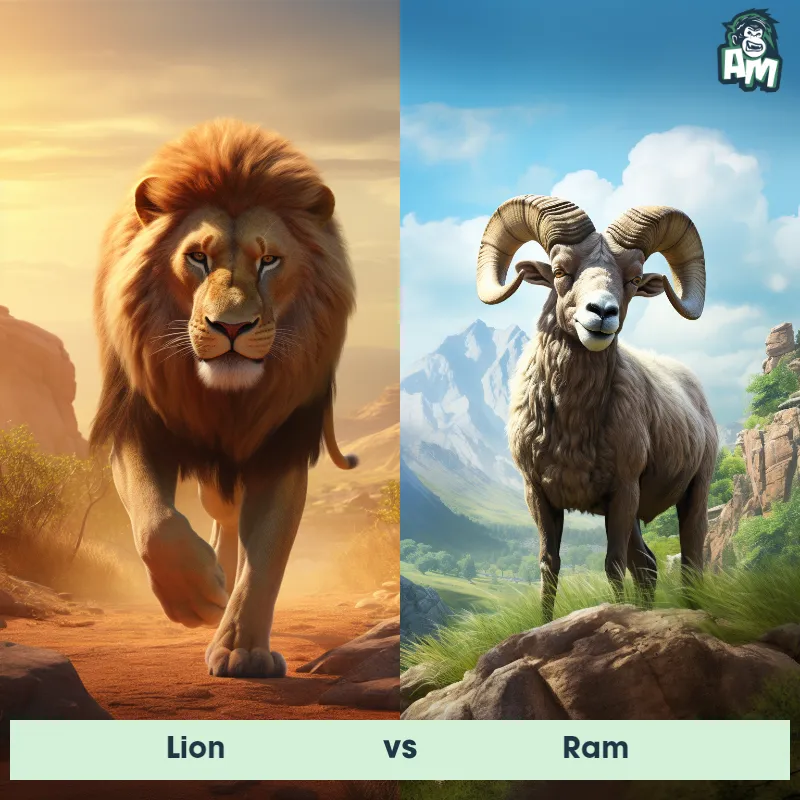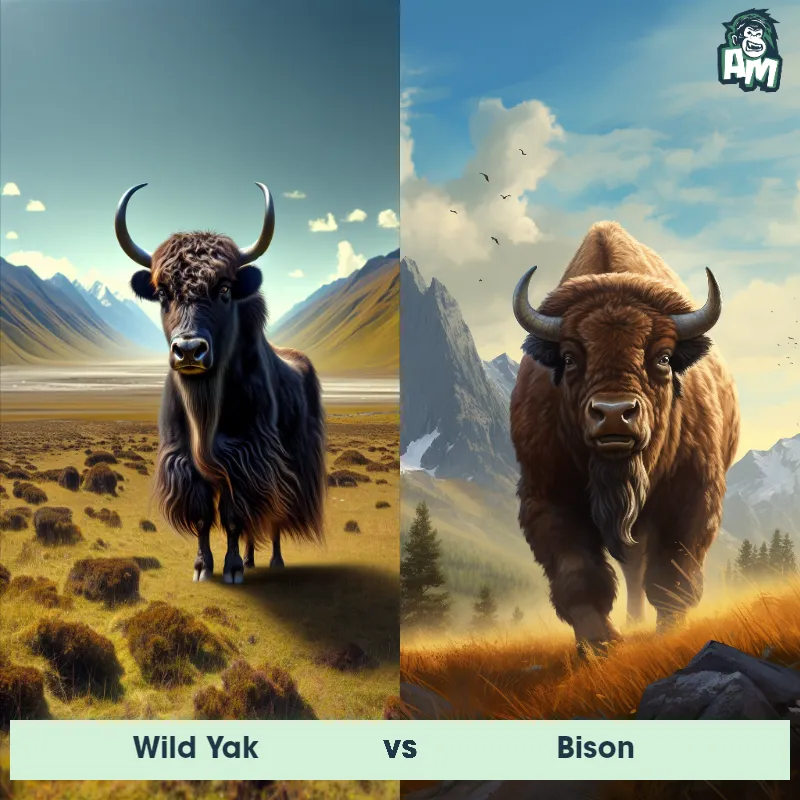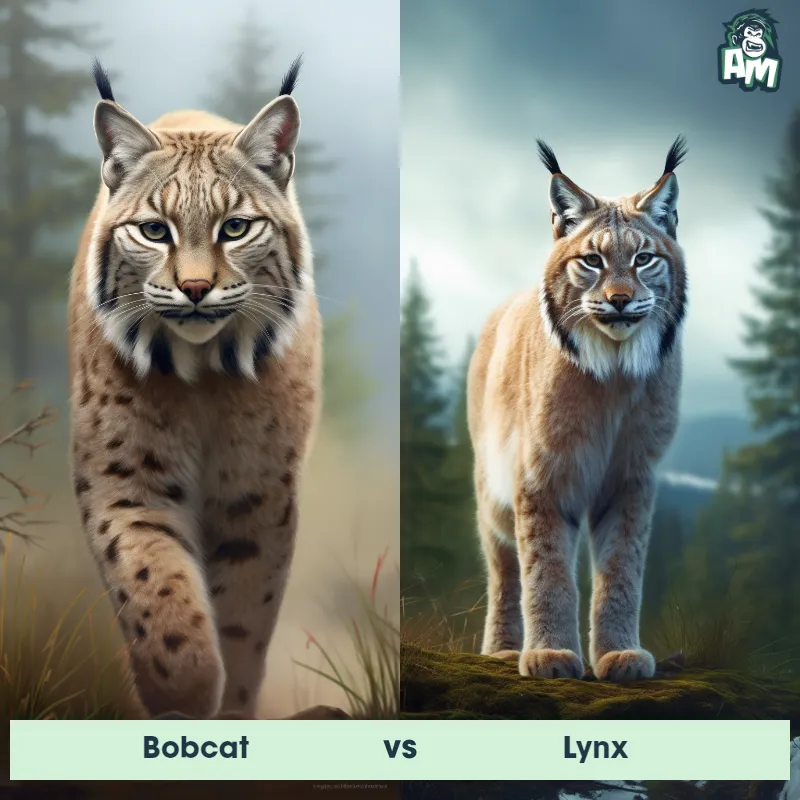Tiger vs RamSee Who Wins

Ladies and gentlemen, welcome to this electrifying matchup at the Animal Matchup Arena! Today, we have an epic clash between two powerful contenders. In one corner, weighing in at an impressive 500 pounds, we have the ferocious tiger. And in the opposite corner, standing his ground at a solid 300 pounds, we have the fearless ram. Let's see who will emerge victorious in this thrilling three-round fight!
Contender 1: Tiger
The Tiger is a large and powerful big cat, known for its distinct orange coat patterned with black stripes, which are unique to each individual, much like a human fingerprint. Tigers have a muscular build, a heavy head with strong jaws, and a tail that is usually about half the length of their body. The largest species of the cat family, adult male tigers can reach up to 10 feet in length and weigh up to 660 pounds. Tigers are native to various parts of Asia and are adept swimmers, unlike most members of the cat family.
Fun Fact: Tigers are apex predators and primarily consume larger mammals for food, including deer and wild boar; a hungry tiger can eat as much as 60 pounds in one night.
Contender 2: Ram
The Ram, a male sheep, is characterized by its robust body, thick fleece, and most notably, its large, curling horns which can weigh up to 30 pounds in some species. With a sturdy build and size varying by breed, rams are easily distinguishable from ewes (female sheep). They inhabit a variety of environments around the world, from mountainous terrains to flat plains, demonstrating remarkable adaptability.
Fun Fact: Rams use their iconic horns for fighting, where they charge and butt heads with other males to establish dominance or win a mate during the breeding season, known as rutting.
Matchup Stats
| Tiger | Ram | |
|---|---|---|
| Size | Up to 10 feet in length (3.05 meters) | 2.5-3 feet tall at the shoulder (0.75-0.9 meters) |
| Weight | Up to 660 pounds (300 kilograms) | 150-300 pounds (68-136 kilograms) |
| Speed | 35-40mph (56-64km/h) | 40mph (65km/h) |
| Key Strength | Strong jaws and muscular build | Large, curling horns used for head-butting |
| Biggest Weakness | Limited endurance for long chases | Limited agility due to heavy horns and robust body |
Current Votes
Tiger vs Ram
See Who Wins
View More Matches
Looking For More?
Similar Matches
Scientific Stats
| Tiger | Ram | |
|---|---|---|
| Scientific Name | Panthera tigris | Ovis aries |
| Family | Felidae | Bovidae |
| Habitat | Forests, grasslands, and swamps | Mountainous terrains, flat plains |
| Geography | Asia | Worldwide |
| Diet | Carnivorous, primarily deer and wild boar | Herbivore, primarily grasses |
| Lifespan | 15 years - 26 years | 10 years - 15 years |
Key Differences between Tiger and Ram
- Note: It is important to mention that Rams refer to several species of wild sheep, such as the Bighorn Sheep and the Mouflon, while Tigers represent the Panthera tigris species.
- Habitat: Tigers are typically found in dense forests and grasslands across various parts of Asia, while Rams are known for inhabiting rugged mountains and high-altitude regions, such as the Rocky Mountains in North America and the Himalayas in Asia.
- Size: Tigers are significantly larger than Rams, with adult males weighing between 200 to 675 pounds and measuring up to 11 feet in length, while Rams weigh around 175 to 275 pounds and reach lengths of 5.5 to 6.5 feet.
- Coloration: Tigers possess a distinctive orange coat with black stripes, blending perfectly into their forest habitats, whereas Rams exhibit a thicker coat ranging from brown to white, allowing them to blend into various mountainous environments.
- Facial Features: Tigers possess a broad head with prominent facial markings, including white spots behind each ear and white patches on their cheeks, as opposed to Rams having a more slender head with distinctive curved horns that vary in shape between different species and individuals.
- Tail: Tigers have a long and muscular tail, which helps maintain balance during fast chases and serves as a communication tool, while Rams possess a comparatively shorter, tufted tail that aids in balance and agility during climbing and maneuvering on rugged landscapes.
- Body Structure: Tigers have a long, muscular body with powerful forelimbs and retractable claws, ideal for hunting and climbing trees, while Rams have a stout and stocky build with strong legs and large curved horns, enabling them to navigate steep terrains and engage in head-butting displays.










